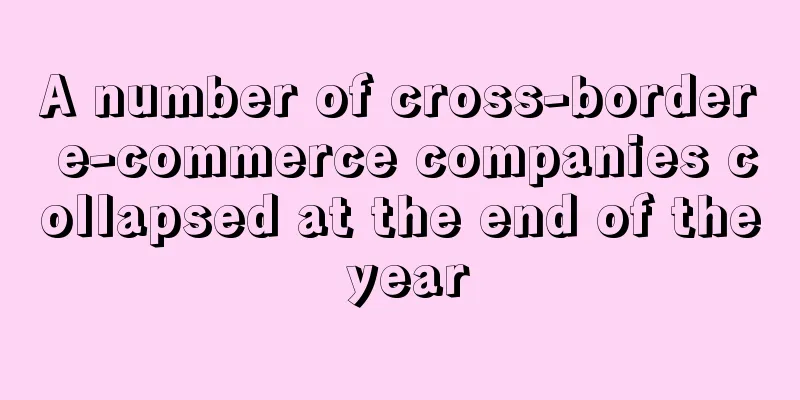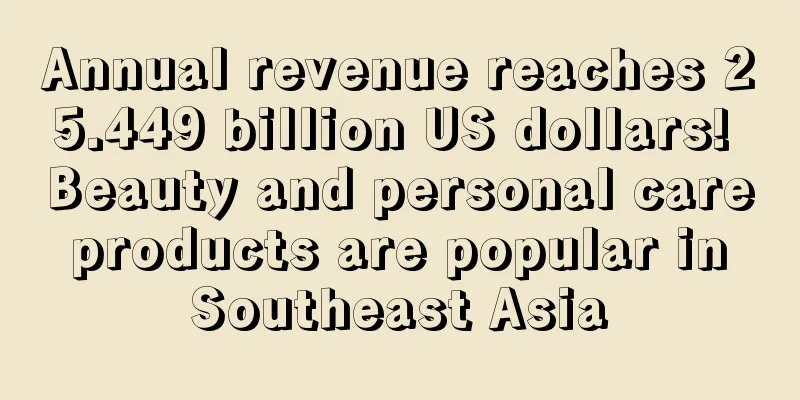Fast fashion faces sharp decline in next decade or less, UBS warns

|
Analysts say fast-fashion retailers could face revenue declines of 10% to 30% over the next five to 10 years .
“The compounding effect of consumers buying fewer goods, but simultaneously shifting what they continue to buy to goods they perceive as more sustainable, could be severe,” UBS analyst Victoria Kalb’s team wrote.
Instead, clothing companies need to slow down and produce less, a departure from the fast-paced production and supply chain approaches that have prevailed over the past few decades. UBS believes that the system needs to be redesigned so that fewer items are sold , items last longer, and fewer items are disposed of, achieving liquidity rather than replacing traditional clothing with " more sustainable " alternatives.
Analysts note that measuring consumer sentiment, especially changes in that sentiment, is extremely difficult, especially in an industry as fickle in nature as fashion. But they say consumers are increasingly receptive to education and marketing campaigns about climate change and the environment, and even local governments are taking steps in areas such as waste management , chemical pollution and water management.
In a survey of consumers in the U.S. , U.K., and Germany, UBS found that more than half of those aware of environmental issues have changed their shopping behaviors. They found a willingness to change, with 58% saying they were previously unaware of the environmental impact of clothing, 20% to 25% of consumers now buying fewer clothes, and 28% to 31% expressing a willingness to “seek out sustainably made clothing.”
The report follows a similar analysis by Moody's Investors Service last week, finding that fast fashion and discount brands are likely to face the most competition as environmental and social issues increasingly influence purchasing decisions. Moody's also noted that apparel companies that are seen as environmentally unfriendly face "reputational risks."
UBS analysts similarly believe that “public pressure campaigns” can be effective in stimulating strong emotions (or embarrassment in the context of public opinion) that lead to fundamental changes in habits, which may reach a critical point. UBS warned: “While we do believe that companies can choose how to respond to these changes, we believe that changes in consumer behavior are more powerful than companies’ ability to respond.” UBS Fast Fashion |
Recommend
UK online retail sales fell 5.6% in April
According to the latest data from the UK Office f...
What is Runfeng Logistics? Runfeng Logistics Review, Features
Runforint Logistics, as the official service provi...
The price of ocean freight is rising again! Sellers: I don’t want to ship
Freight prices remain strong, triggering a series...
What is myEcommerce? myEcommerce Review, Features
myEcommerce is an e-commerce service provider with...
With functional skin care, we are deeply involved in Southeast Asia! The sales of the big promotion increased by 4 times
1.5 times, 2 times, 4 times... This is the signif...
Veteran sellers are fighting their way out of the red ocean!
How deep is the cross-border e-commerce foundatio...
Staying at home saved $100 billion! This country's retaliatory consumption has begun, and orders for these products have soared...
Canadians have saved $100 billion by staying at h...
Buy now, pay later orders increased! Accounted for 13% of Amazon UK PD first day orders
According to data released by Adobe Analytics, on...
Shopee sellers, please note! Understanding these key points can help your store attract traffic
To understand Shopee ’s search ranking mechanism,...
What is Heroes? Heroes Review, Features
Heroes is a technology-driven e-commerce company f...
What is ausgrocery? ausgrocery Review, Features
ausgrocery is a store that focuses on beauty equip...
Another trouble! Amazon employees in more than 20 countries plan to strike on Black Friday
Black Friday is the time when consumers are shopp...
Revenue reached $877.3 million! North American e-commerce 1-800-Flowers will go all out for Valentine's Day
1-800-Flowers is a well-known flower and gift car...
What is Seller Dynamics? Seller Dynamics Review, Features
Seller Dynamics is a fully functional and fully su...
Amazon is charging Prime members for same-day delivery
Amazon UK is making major changes to its same-day...









